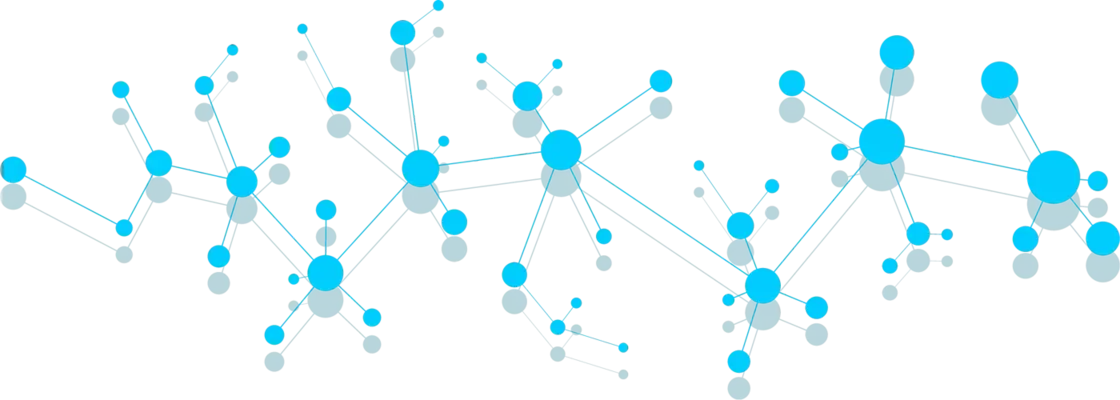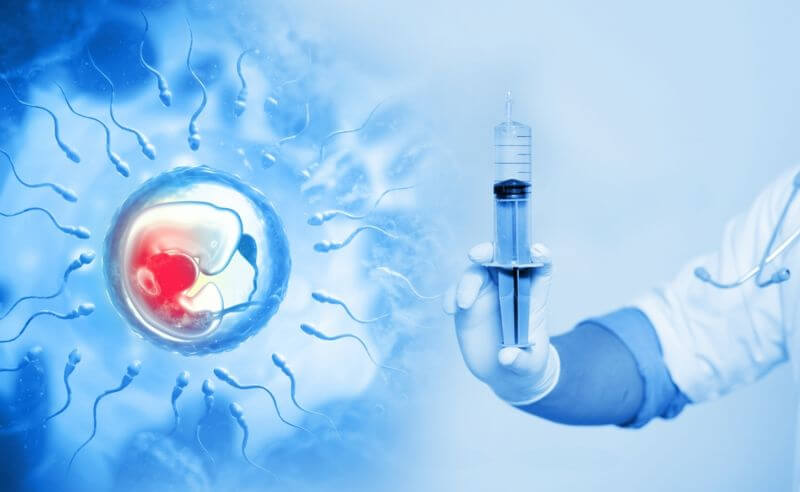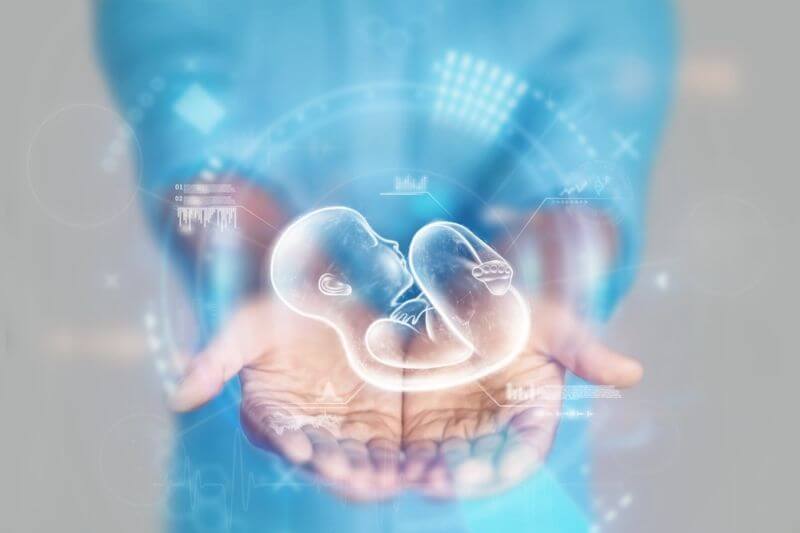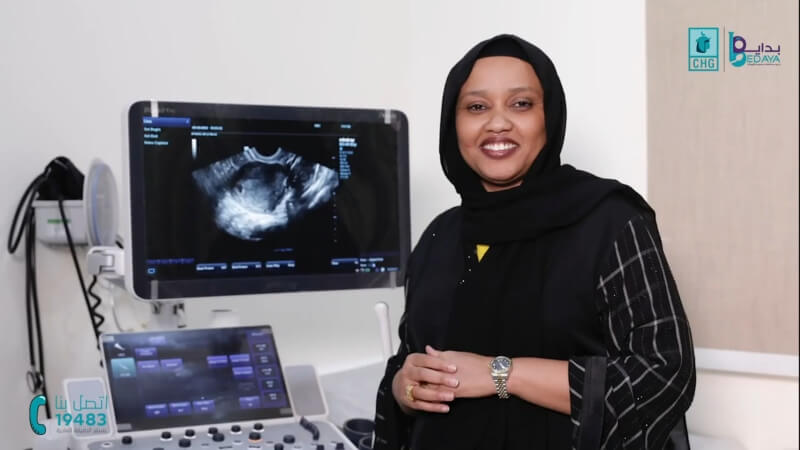Preimplantation Genetic Testing (PGT-M)
Released at:Jul, 17 2024 •
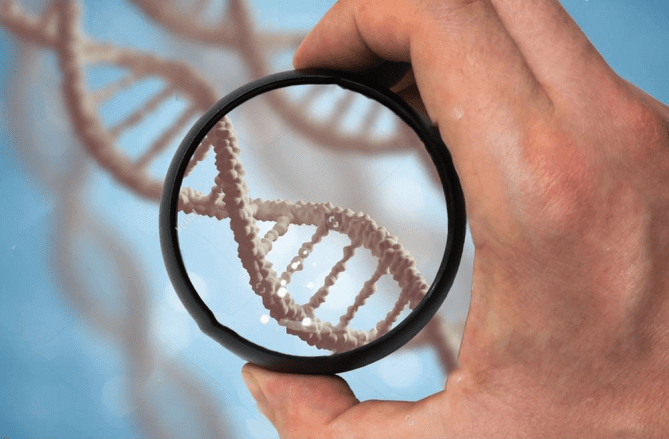

Preimplantation Genetic Testing for Monogenic disorders (PGT-M). This test helps couples with a family history of genetic diseases to not pass them to their offspring. PGT-M which was previously known as PGD, PGT-M tests for hereditary genetic diseases in artificially fertilized embryos, which allows doctors to transfer only healthy embryos inside the womb.
Preimplantation Genetic Test for Monogenic Disorders (PGT-M)
The genetic test PGT-M before implantation analyzes the DNA of each fertilized embryo, thus detecting if one of the embryos is a carrier of the genetic disease and is excluded. This test (PGT-M) is prescribed to a specific group of couples who suffer or are at risk of transmitting a single gene disease.
Monogenic diseases include:
- Cystic fibrosis disease.
- Fragile X syndrome disease.
- Muscular dystrophy disease.
- Huntington's disease.
PGT-M is formerly known as PGD, is customized according to the patient's situation and which type of single-gene disorder may be transferred to the offspring.
PGT-M benefits
- Increased chance of delivering a healthy baby free from a disease caused by a single gene mutation that is known to be carried on, in one of or both the parents’ families.
- Doctors can apply PGT-A and PGT-M tests on the same biopsy taken from the embryos for genetic testing to detect chromosomal and single-gene disorders simultaneously.
- PGT-M test can detect most monogenic disorders.
PGT-M procedure
- Couples should book a consultation at Bedaya hospital to review the medical family history and the inherited disorders.
- The doctors will ask for a pre-PGT-M test which takes about 6 weeks.
- A biopsy for genetic testing is taken from the embryos at day 3 or day 5 (blastocyst phase) to be examine and analyze the DNA of the cells.
- The embryologist will come up with PGT test reports with results within15 days; the time needed to analyze the DNA in a special embryos lab.
Embryos free of monogenic disorders will be transferred for implantation


